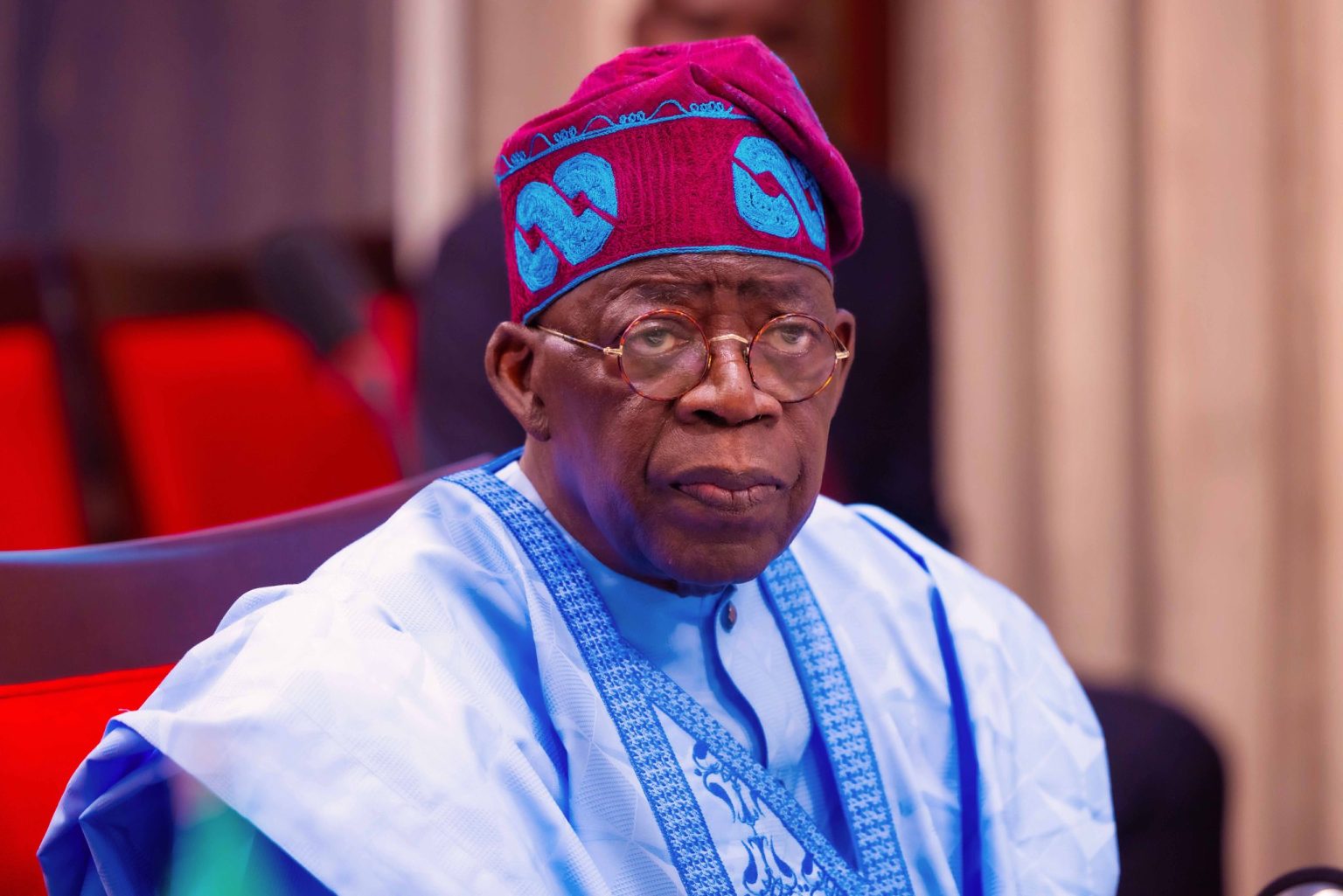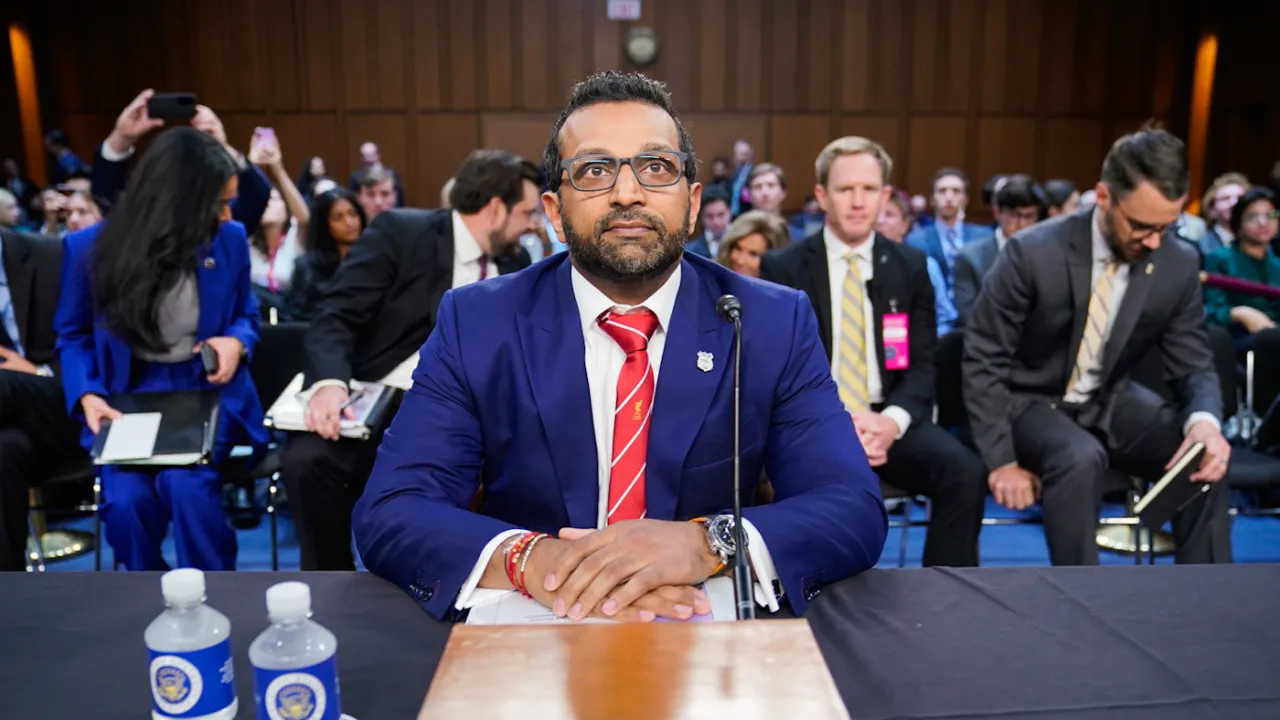Peter Obi Criticizes Selective Anti-Corruption Efforts Following Tambuwal’s Arrest by EFCC
Peter Obi Criticizes Selective Anti-Corruption Efforts Following Tambuwal’s Arrest by EFCC
Peter Obi, former presidential candidate of the Labour Party, has voiced concern over the recent arrest of former Sokoto State Governor, Aminu Tambuwal, by the Economic and Financial Crimes Commission (EFCC), raising broader questions about the integrity and impartiality of Nigeria’s anti-corruption efforts.
According to a report by DAILY POST, Tambuwal was apprehended in Abuja on Monday by EFCC operatives. The former governor is being investigated in connection with allegations of fraudulent financial activity involving suspicious cash withdrawals reportedly amounting to approximately ₦189 billion.
In a statement released on Tuesday, Obi described the development as reflective of a long-standing inconsistency in how the Nigerian government approaches corruption. He argued that the current handling of corruption-related cases often reveals an underlying bias, which undermines the credibility of the entire anti-corruption campaign.
“The arrest and interrogation of Aminu Tambuwal have exposed a troubling contradiction within Nigeria’s ongoing battle against corruption,” Obi stated. “I have consistently emphasized that what Nigeria truly needs is a leadership that is sincere and committed to addressing corruption in a fair and transparent manner.”
Peter Obi Criticizes Political Rivialry Over the Chase for Justice
Obi expressed his hope for a time when Nigeria’s anti-corruption institutions would operate under a unified legal standard that applies to all individuals equally—regardless of their political affiliations, connections, or perceived loyalty to the ruling party. He criticized what he sees as a recurring trend of targeting political rivals or dissenters, rather than pursuing justice impartially.
“I long for the day when our anti-corruption agencies will enforce a single, consistent legal framework that applies to every citizen without exception,” he said. “What we currently witness too often is a system that seems to prioritize the prosecution of perceived political enemies while ignoring clear cases involving allies of the incumbent government.”
Obi further advised that anti-graft agencies like the EFCC must remain guided by both the rule of law and their own moral integrity if they are to achieve any meaningful progress in combating corruption. He stressed the importance of evidence-based investigations rather than politically motivated assumptions.
“The fight against corruption should be rooted in objective facts, credible evidence, and respect for due process—not in bias, conjecture, or political expediency,” Obi said. “For the public to place trust in anti-corruption efforts, they must see that no individual is above the law, and that investigations are not being weaponized for political gain.”
He concluded by emphasizing that true reform in the area of public accountability would only come when the fight against corruption is universally applied and devoid of partisanship. For Nigeria to move forward, he said, there must be a national consensus that justice is blind to status or party loyalty.



https://shorturl.fm/XMbDu
wkjlke